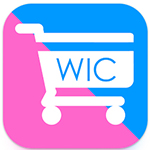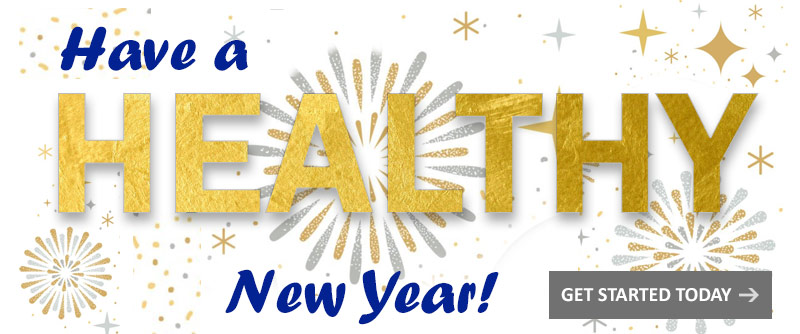WIC clients can get free help with their eWIC cards, breastfeeding, convenient WIC features on our smartphone app, and more. When you stay healthy, your baby or infant benefits.
ON THIS PAGE
Trouble with appointments? Questions?
If you have trouble making an appointment, or have question about WIC or your benefits, the WIC Call Center can help.
1-800-338-6747
eWIC Cards
Breastfeeding?
Get help from our experts
Our WIC program offers help with starting to breastfeed, getting breastfeeding pumps, and more.
Get free help right on your phone
Eligible WIC participants now have free, unlimited access to expert infant feeding support anytime – days, nights, weekends, and holidays – with the Pacify app.
- Free to use
- Expert help from live lactation consultants
- Chat or call anytime
WICShopper App
 The WICShopper app for your phone or tablet simplifies WIC. It provides tools that will make it easy to use your WIC benefits. Learn more
The WICShopper app for your phone or tablet simplifies WIC. It provides tools that will make it easy to use your WIC benefits. Learn more
Follow these steps to install the WICShopper app:
- Search for WICShopper in your app store
- Select Mississippi as your WIC agency
- Register your Mississippi eWIC card in the app.
Staying Healthy
Childhood Immunizations
It is important for you and your children to be up to date on routine vaccinations, so you are protected from infectious diseases like measles, whooping cough, flu, COVID-19, and others. For more information, please see the links below. You may schedule an appointment at any county health department, with your medical provider, or at a pharmacy.
Regular Checkups for Your Child: Well-Child Visits
Regular visits to the doctor, even when your child is not sick, help you keep track of their health and development, check for possible problems, and make sure they're up-to-date on vaccinations. It's also your chance to ask questions and get expert answers about your child's health.
Lead Poisoning Prevention
Lead can be very dangerous for you and your children. Three key nutrients – vitamin C, iron, and calcium – may limit the body's absorption of lead. Foods rich in these nutrients can be found in your WIC food package.
Alcohol, Tobacco and Drugs
During pregnancy, women should not use tobacco, alcohol, marijuana, illegal drugs, or prescription medications unless they are for medical reasons. Avoiding these substances and getting regular prenatal care are important to having a healthy pregnancy and a healthy baby. Avoiding these substances after you have a baby is important, too. Counseling and treatment are available if you have hard time quitting unhealthy substances on your own.
- Help quitting tobacco
- Give Your Baby a Healthy StartTips for Pregnant Women and New Mothers from the USDA
- Give Your Baby a Healthy Start (Spanish)Dele a su bebé un comienzo saludable
- More about alcohol, tobacco and drugs during pregnancy
- Alcohol and Drug ServicesMississippi Department of Mental Health
- Partnership to End Addiction: Where Families Find Answers DRUGFREE.ORG
- Is it safe? Taking medicines, alcohol, herbal products and more during pregnancyMarch of Dimes
Your input is important. We want to hear from you about maternal and child health needs, the MCH Block Grant, and programs in Mississippi. Take a moment to share your comments, ideas and concerns with us.
For more information about Maternal and Child Health Programs and the MCH Block Grant, call 1-800-721-7222.

